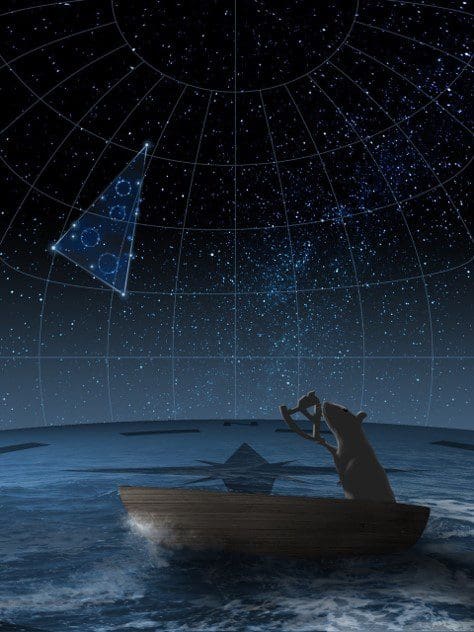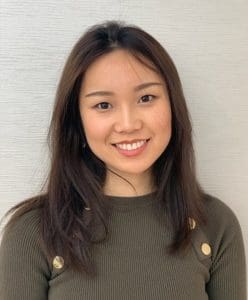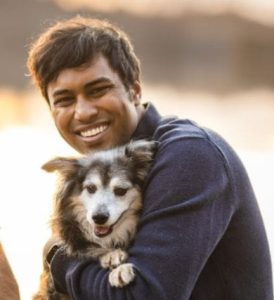The Knierim Lab studies the behavioral and cognitive correlates of the hippocampal formation—a brain region that is critical for forming and storing long-term memories. Read more about our research.

The Knierim Lab studies the behavioral and cognitive correlates of the hippocampal formation—a brain region that is critical for forming and storing long-term memories. Read more about our research.

Our lab is seeking a lab coordinator to work under the supervision of the Principal Investigator, James Knierim.

Congratulations to Yuxi Chen for her paper with Audrey Branch, Cecilia Shuai, Michela Gallagher, and James Knierim in Hippocampus, “Object-place-context learning impairment correlates with spatial learning impairment in aged Long-Evans rats” (https://onlinelibrary.wiley.com/doi/10.1002/hipo.23591). They tested the ability of young, AU, and AI animals to recognize novel object-place-context (OPC) configurations and found that performance on the novel...
